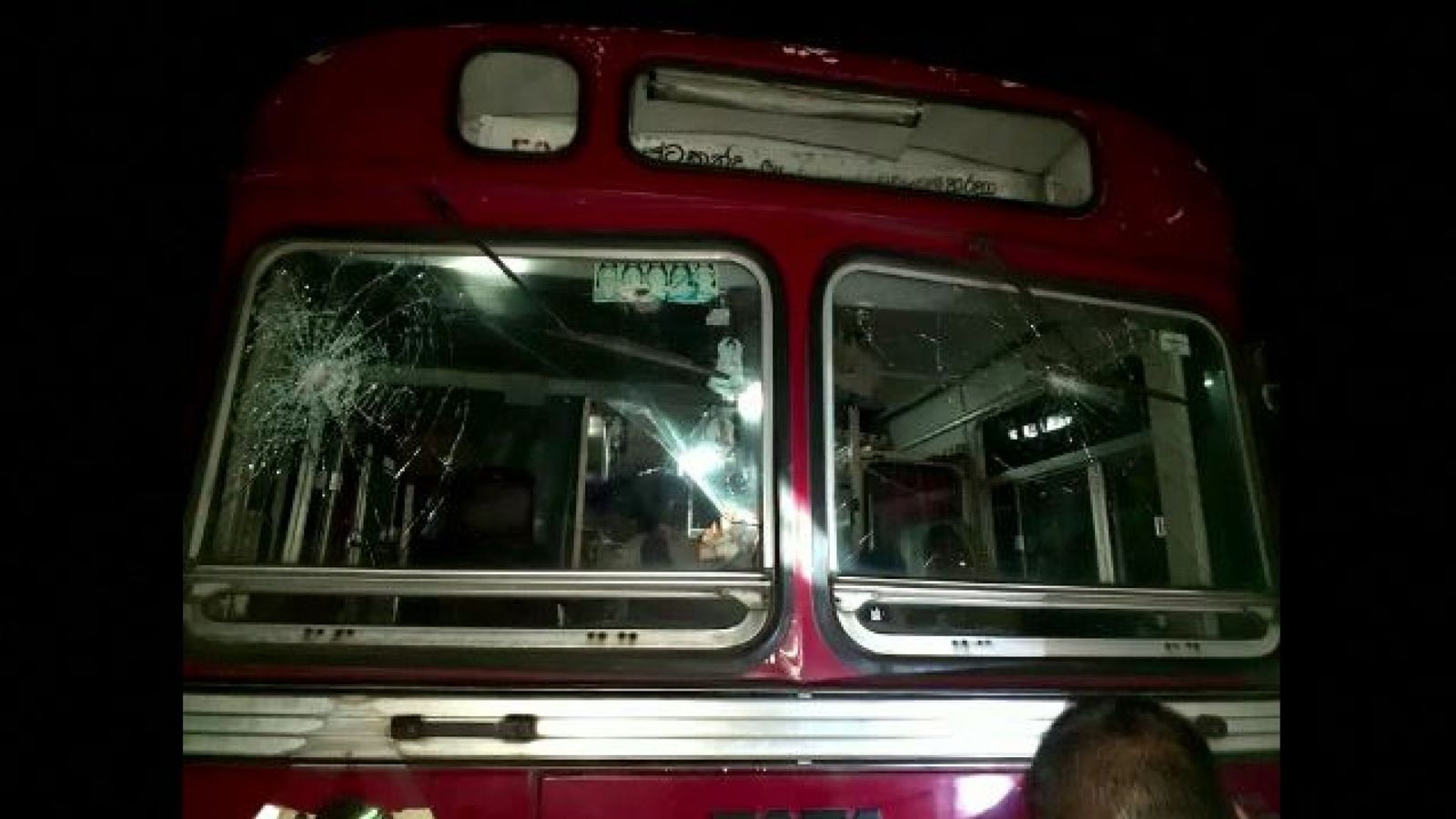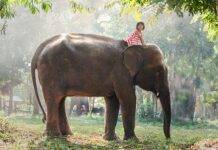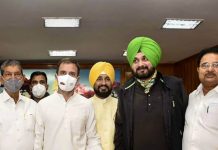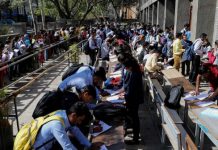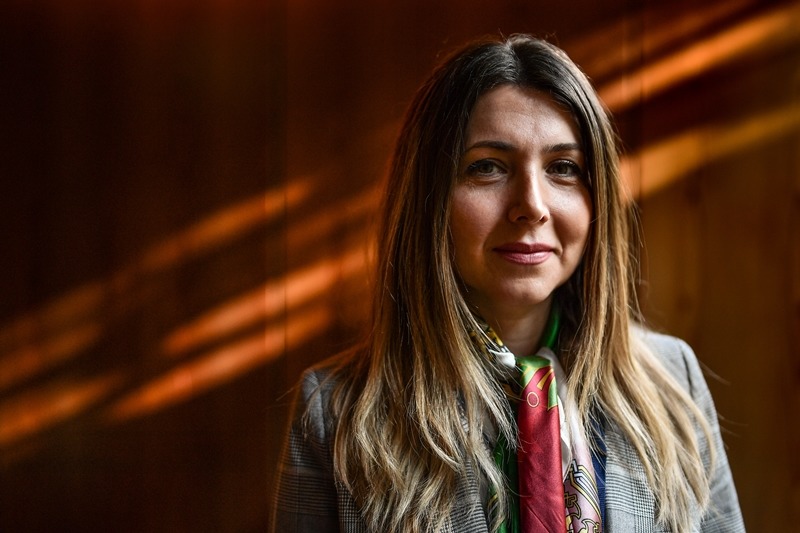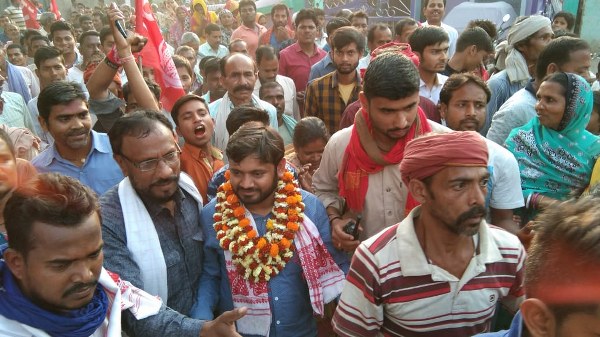In a recent news coming from Sri Lanka where presidential election are going on, buses carrying Muslim voters who were travelling to cast their votes were shot at. On Saturday, buses transporting Muslims were attacked by gunfire, fuelling fears that minorities are being targeted to stop them from voting.
Police report confirmed that the buses, which were carrying hundreds of Muslim residents from the north-west town of Puttalam, were hit on Saturday morning when attackers burned tyres on the road and set up makeshift roadblocks to ambush the convoy of more than 100 vehicles.
The Muslim group were travelling to the neighbouring district of Mannar, where they were registered to vote. There were also reports of a heavy military presence and unauthorised roadblocks in Jaffna, northern Sri Lanka, which is home to the majority of the country’s Tamil population.
“The gunmen opened fire and also pelted stones,” said an official in Tantirimale, 150 miles (240km) north of the capital, Colombo. “At least two buses were hit, but we have no reports of casualties.”
Police reinforcements rushed to the troubled area, cleared road obstructions and escorted the convoy so passengers could cast their ballots.There were also reports that police and military troops were locked in a tense standoff in Jaffna, with residents complaining of military roadblocks.
Sri Lanka’s presidential election is happening against a backdrop of some of the worst violence and political instability the country has faced since the end of the civil war a decade ago. The election could prove to be turning moment, with everything from human rights to sectarian harmony hanging in the balance.
The election is taking place just seven months after the Easter Sunday attacks by self-radicalised Islamist extremists who carried out multiple bombings, killing 269 people in attacks on churches and hotels. In the aftermath, there has been a surge of attacks, cases of harassment and boycotts on Sri Lanka’s Muslim community, who make up 9% of the population.
Since then, the lives of many Muslims in Sri Lanka have been affected. There have been attacks, their shops and homes destroyed, allegedly by Sinhala Buddhist mobs, and some were arbitrarily arrested. Women were banned from wearing headscarves in public.
This election, there are a record 35 candidates running in the election but the race is between Gotabaya Rajapaksa, the brother of the former president Mahinda Rajapaksa, running for the Sinhalese-Buddhist nationalist SLPP party, and Sajith Premadasa, a minister in the current United National party (UNP) government.
The Muslim community had already expressed their concern about the potential election of Gotabaya Rajapaksa, who has run on a strident security agenda and has the backing of nationalist Buddhist groups responsible for stoking anti-Muslim sentiment and violence in recent years.
Many in the Tamil community are equally resistant to the return of Gotabaya Rajapaksa to power. As his brother’s defence minister, he oversaw the brutal and bloody conclusion to the Sri Lankan civil war, where tens of thousands of Tamils died, and his military death squads were responsible for thousands of “disappearances” of Tamils and critics of the state.

